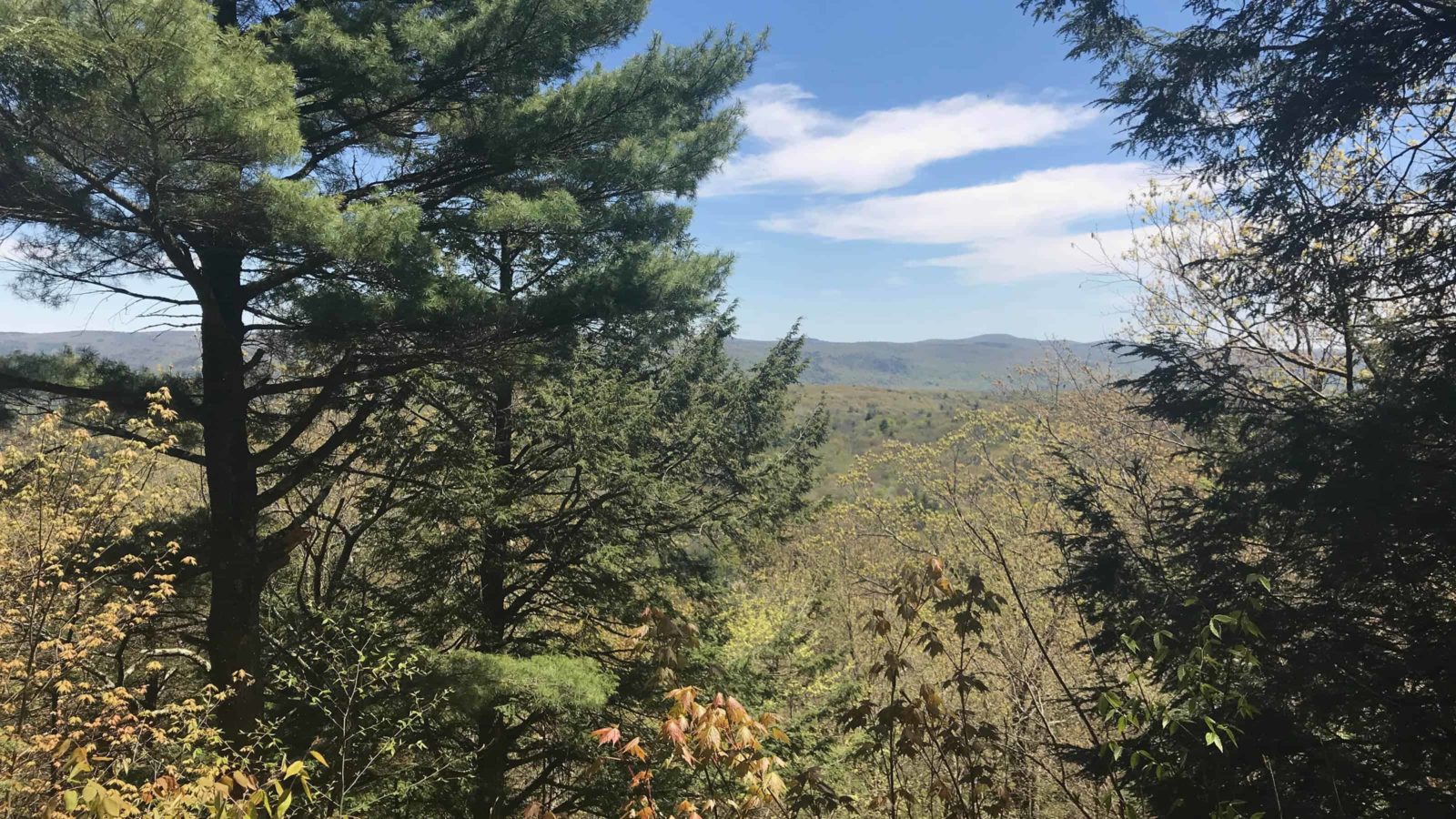Who writes these stories, and who chooses they’re told? Who has authority over them? To begin with, at By the Way I’m the storyteller. I’m a local journalist in the Berkshires, and I talk with people. I’ll start as close I can come to the story I’m telling. When we have a new art exhibit opening, I’ll want to talk with the artist. If that’s not possible, then I’ll talk with the curator, with someone who knows the artist or the field … I’ll get to the people who have their hands on the work. I’ll try to find more than one point of view. And I will listen and put the story together.
When I am writing a story about someone, they will not see the story before it runs, unless we make a careful exception, and then I will tell you. In the newsrooms where I have worked, this is the general principal. Outside the newsroom people often don’t know this happens. Here’s how it works on my website, and here’s why.
The question we’re realling looking at here is who decides what gets written. In a newspaper or a magazine or digital media, who chooses what stories we tell and how we tell them?
In the newsrooms where I’ve worked, the answer has always been: We tell them. And we tell you who we are, and how we are telling them. You know who we’ve talked to and where we have found the information we’re giving you. If we’re doing our jobs right, you know accurately what our sources have told us.
When I’m listening to your story and sharing it, I have a responsibility to you. No question — you are trusting me with your story. You’re trusting me to hear what ou are saying, and to understand what you mean, and to tell your perspective fairly, in language that reflects and upholds it. When I am talking with you and writing about you, I feel that responsibility.
If anyone involved in a story I’m writing wants to talk with me about the story, I’ll check facts all through. We can go over quotes and paraphrases, we can talk about the structure of thes story, and I can talk with them about their concerns, about the words I’m using in places that need to be careful and accurate, and about any part of the story they want to know about.
And after the story runs, if anyone involved comes to me with a correction, I will make sure they and you know.
So why not send the whole story to read through?
First, think about this from the reader’s point of view. If I were writing about a controversy at city hall, and you knew the mayor (or in my town the town manager) were reading the story before it went live, would you trust me? When you’re the reader, you need to believe that I am telling a story fairly and accrately.
And now think about this from the storyteller’s point of view. Think about a journalist covering a controversy, nationwide or in her hometown. If she were covering a protest on her city streets, and the mayor got to read it, or her state or U.S. Senator, or community leaders on any side of the protest, how could she write the fairly — especially if she knew that any or all of these people would disagree?
How would a journalist cover climate change, or health care, or voting rights, or reproductive rights, or many kinds of music or art, or many of the deeply divisive and challenging and vital topics the country is trying to come to grips with now, if she knew that people in power could force her newspaper not to run a story they disagreed with?
Being able to write a story and run it before people see it gives a journalist room. It’s not always a lot of room. The story will go out into a public space where people can object, protest and take it apart. But it is room enough to let the story happen. The principle that a journalist is free to write is the answer to censorship, and it’s embedded in free speech.
I understand this in the bone, but I also see complications today. We live in a world where the New York Times staff has just protested widely against their own editor and publisher for running an op-ed that called for violence against protestors. And we live in a world where many people are telling the media, loudly, clearly and truly, that the media has not been telling their story accurately, or telling it well, or telling it at all.
When I tell a story, I have a responsability. And if the clearest way to fulfil it is to collaborate in the storytelling in some way, with someone willing to share their story with me, then I will tell you what we are doing and how and why. I will still ultimately be the person sitting here with my pad and pencil, listening, and I’ll be the one pushing the button to publish a story on this website. I’m still telling the story, and you still know who I am and where to find me.

